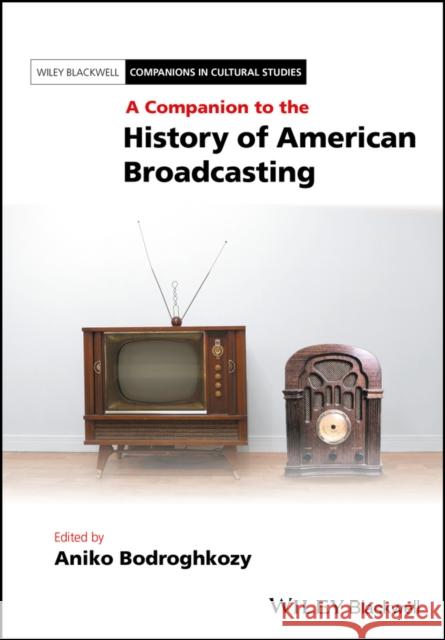A Companion to the History of American Broadcasting » książka
topmenu
A Companion to the History of American Broadcasting
ISBN-13: 9781118646359 / Angielski / Twarda / 2018 / 512 str.
Kategorie BISAC:
Wydawca:
Wiley-Blackwell
Seria wydawnicza:
Język:
Angielski
ISBN-13:
9781118646359
Rok wydania:
2018
Dostępne języki:
Numer serii:
000139856
Ilość stron:
512
Waga:
1.03 kg
Wymiary:
24.64 x 17.53 x 2.54
Oprawa:
Twarda
Dodatkowe informacje:
Bibliografia
Wydanie ilustrowane
Wydanie ilustrowane











